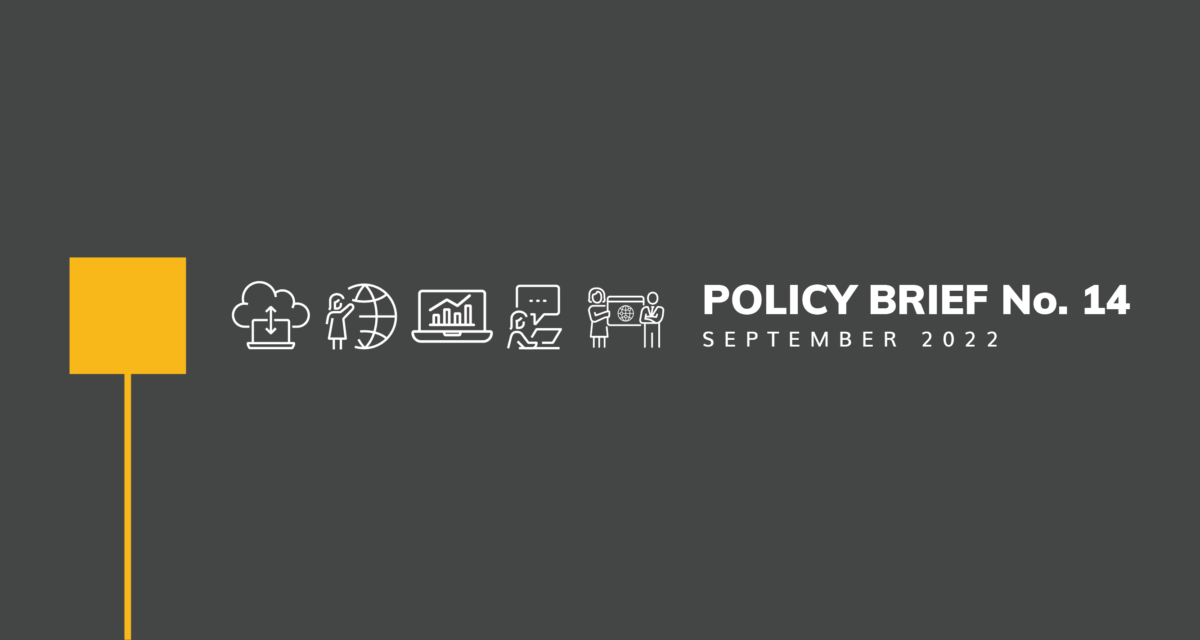The project will generate evidence of how rapid digitalisation of public service delivery due to the pandemic has shaped the lives of those already living in exclusion (especially women) in three countries – Peru, India and Tanzania. It will examine the extent to which digital policies and practices are increasing inequalities among women and limiting the realisation of their economic and social rights.
Its aim is to give those working on issues of digital access, at the country and global level, evidence on interventions and practical insights for policy reform and global cooperation to reduce the gender technological divide.
In the video above , three researchers from the Southern Voice network introduce new research on ways in which the transition to further digitization during the pandemic have impacted public service delivery across the Global South.
Gender and higher education in Peru
In this video, the Instituto de Estudios Peruanos (IEP), in Peru, shares findings and conclusions from ongoing Southern Voice research on the impact of increased digitalization brought on by the pandemic. Specifically, this project explores the impact of gender disparities on young peoples’ ability to learn through the crisis. Find out more
The delivery of secondary eduction in Delhi
In this video, the Centre for Budget and Governance Accountability (CBGA), in India, shares findings and conclusions from ongoing Southern Voice research on the impact of increased digitalization brought on by the pandemic. Find out more
The case of business registration in Tanzania
How has increased digitalization, brought on by the pandemic, impacted business registration in Tanzania? Learn more in this short video, based on the insights of ongoing Southern Voice research led by the Science, Technology and Innovation Policy Research Organization (STIPRO), in Tanzania. Find out more
Learn more about our work in Peru, India and Tanzania by visiting our Covid-19 Digital Knowledge Hub.


